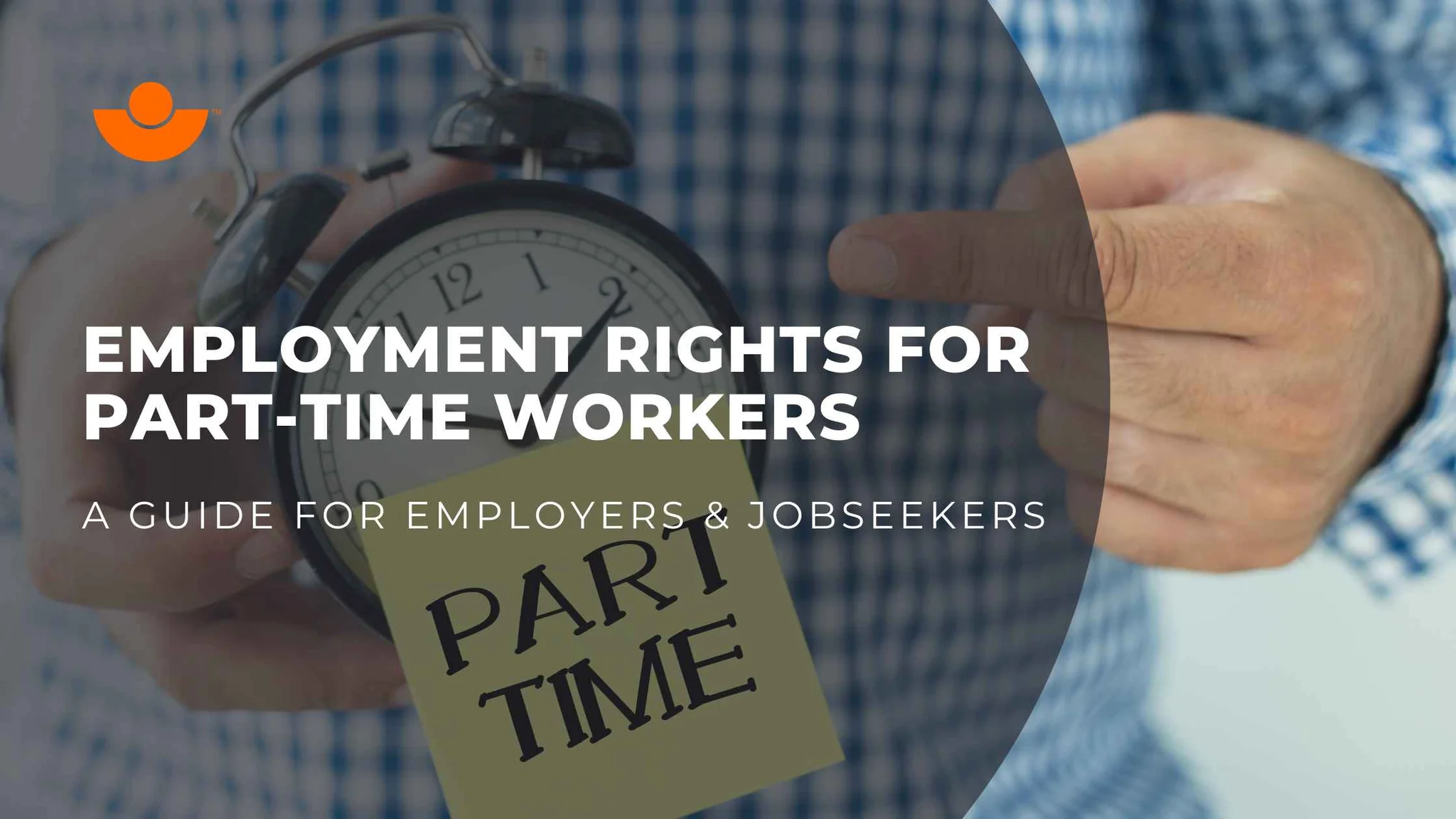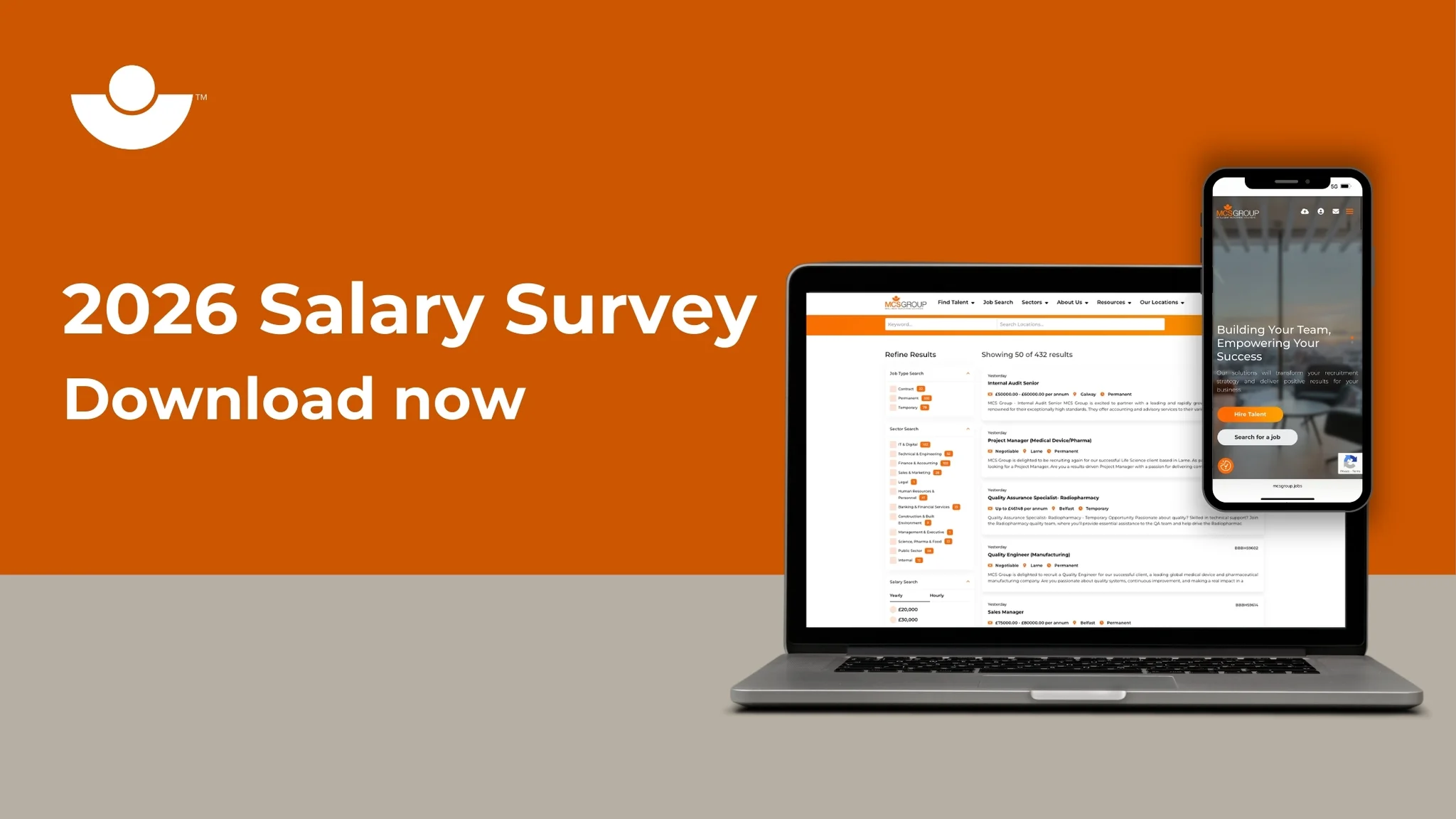Interview Questions for Accountants: What to Expect and How to Prepare
26 May, 20255 mins
If you're an accountant getting ready for an interview, there’s more to preparing than just reviewing your CV. Whether you're applying for a role in financial accounting, management accounting, or you're a newly qualified accountant, interviews can often go deeper than expected, especially when it comes to testing technical knowledge and commercial awareness.
Here’s some practical advice based on what we regularly see in accountancy interviews across Northern Ireland and further afield.
Expect Questions on Financial Reporting Standards

Interviewers will usually test your understanding of core accounting principles. Make sure you’re comfortable with the Financial Reporting Standards relevant to the role, for example, FRS 102, FRS 105, or IFRS if applicable. It’s not just about knowing the theory. Be prepared to talk about how you’ve applied these standards in your current or previous role. Offering clear, real-life examples helps demonstrate your ability to apply technical knowledge in practice.
Do Your Research - Especially on Financials
A key part of your preparation should include reviewing the company’s most recent financial statements. If it’s a limited company, their accounts will be available on Companies House. Look at their performance, any recent changes, and how their numbers compare to trends in their sector. This shows you’ve done your homework, but more importantly, it helps you ask better questions and relate your answers to the business in a more meaningful way.
Be Ready to Discuss Tools, Tech and Automation
Many finance teams now expect a working knowledge of common tools and systems. Highlight any experience with:
- Excel (especially use of pivot tables, VLOOKUP, SUMIFS)
- Accounting software like Sage, Xero, QuickBooks, or larger ERP systems
- Automation or reporting tools like Power BI or Macros
Even if you’re not highly technical, showing an interest in automation and process improvement is worthwhile. These skills are becoming increasingly relevant, and employers are keen to see proactive thinking around efficiency.
Don’t Overlook Soft Skills

Alongside technical knowledge, employers also value clear communication, time management, and stakeholder engagement. Being able to explain financial data clearly and concisely to non-finance colleagues is a skill in itself. Attention to detail remains critical, but so does your ability to work within a team, manage priorities, and remain calm under pressure.
As finance roles continue to evolve, the ability to connect the numbers to the bigger business picture is becoming more important than ever.
Need More Advice?
If you're looking for more tailored interview tips, market insights, or career advice in the accountancy and finance sector, feel free to get in touch. I'm always happy to share what we're seeing in the market and help you navigate your next move. Adam Macklin, Head of Accountancy & Finance Recruitment, call (0)28 9693 5490 or email a.macklin@mcsgroup.jobs



